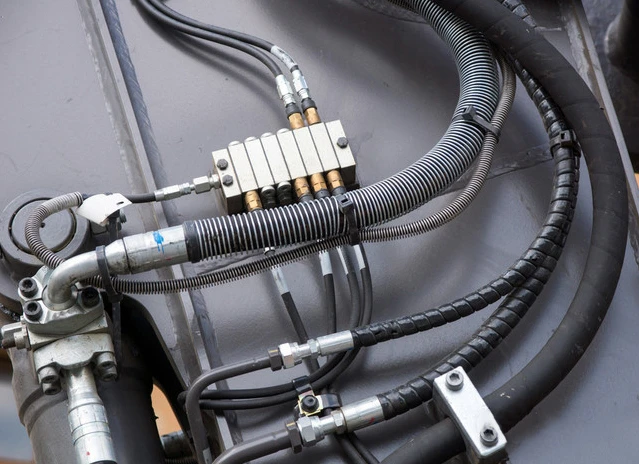The brake system is undeniably one of the most pivotal aspects of vehicle safety, and the condition and performance of brake hoses play an essential role. Therefore, when considering the brake hose cost, it's crucial to delve into more than just the price tag—it involves understanding its value, durability, and the critical function it fulfills.
Brake hoses are flexible pipes that connect the brake lines of a vehicle to the brake calipers. These components must withstand intense pressure and frequent flexing, making their material quality paramount. High-quality brake hoses are typically constructed from reinforced rubber or braided stainless steel, each offering distinct advantages and varying costs.
Rubber brake hoses are commonly used in most vehicles due to their cost-effectiveness and flexibility. They are generally cheaper than their stainless steel counterparts, making them an attractive option for budget-conscious drivers. The average cost for rubber brake hoses can range from $20 to $50 per hose, depending on the brand and vehicle model. However, it's important to consider that rubber hoses can wear over time, especially under extreme temperature changes, necessitating regular checks and possible replacements.
On the other hand, stainless steel braided hoses are celebrated for their robustness and longevity. They provide a firmer brake pedal feel and enhanced braking performance by reducing the expansion that typically occurs in rubber hoses. This makes stainless steel hoses a favored choice among performance vehicle enthusiasts. However, the cost reflects these benefits, with prices ranging from $50 to $150 per hose. While the initial investment is higher, their durability and improved performance can lead to savings in the long run by potentially reducing the frequency of replacements.
Moreover, the cost of brake hoses should also be considered in conjunction with labor charges for installation. Although a seasoned DIY mechanic might tackle replacement themselves, professional installation ensures precision and safety, especially with stainless steel options that require specific fittings. Labor charges can vary widely depending on the mechanic's expertise and location but generally range from $50 to $100 per hour.brake hose cost
The choice between rubber and stainless steel hoses isn't merely a matter of cost but should align with the vehicle's usage and the driver's expectations. For standard personal cars primarily used for daily commuting, rubber hoses might offer the perfect balance of performance and price. In contrast, vehicles used in high-performance settings or demanding driving conditions might justify the additional expenditure on stainless steel hoses.
Safety considerations further influence the perceived value of brake hoses. Investing in premium hoses from reputable manufacturers, even if they skew the cost upwards, ensures quality and reliability. Brands known for rigorous testing and certified standards provide peace of mind and enhance vehicle safety. It's a relationship of trust, where the cost reflects not just the tangible product but the security it offers.
Furthermore, keeping abreast of warranty options available with brake hoses can also reflect indirect cost savings. Manufacturers who stand by extensive warranties often signify the confidence in their products' durability and performance, translating to potential long-term savings on maintenance and replacements.
In conclusion, while evaluating the brake hose cost, it’s essential to consider the comprehensive picture—the interplay of material quality, expected longevity, performance improvement, and associated labor costs. Prioritizing safety, performance needs, and trustworthy products often dictates the better financial choice over time. Balancing these factors offers a practical approach to determining the right component for your vehicle, ensuring both safety standards and budget considerations are met effectively.
OUR LATEST NEWS
Strict quality control strict production team to ensure stable products quality. Scientific personnel management, efficient production arrangements to ensure our timely delivery.























